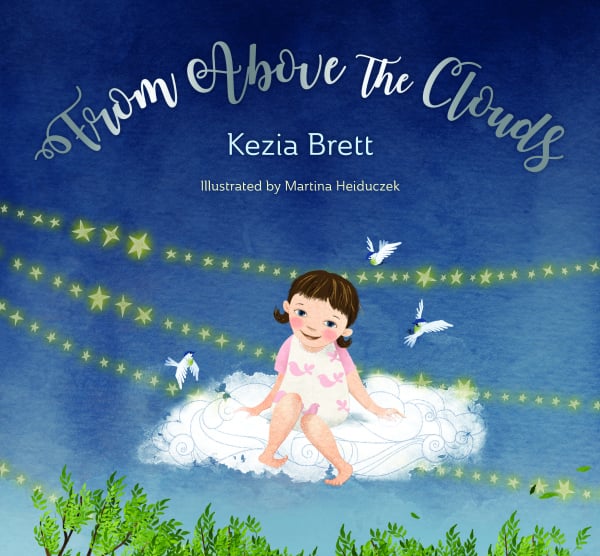Content warning: This post deals with stillbirth and neo-natal death and may be triggering for some readers.
Joy. Anticipation. Excitement.
Everything I thought having a baby was supposed to be.
Pregnant with my first child, my husband and I experienced the joy of a positive test, the anticipation of our first scan and the excitement of announcing the news to family and friends.
At 14 weeks, our pregnancy journey changed course with an unusual test result. By 16 weeks, we had learned our daughter, whom we named Olive, had a Congenital Diaphragmatic Hernia (CDH).
In Australia, two families receive this diagnosis each week. But like most of them, we had never heard of CDH.
I recall saying nonchalantly to the obstetrician, “So we’ll just monitor it then?” She explained that a hole in the diaphragm would affect the healthy development of the heart and lungs.
We were immediately referred to the high-risk unit at the Royal Women’s Hospital. Here, the experts gave us hope. While CDH is often fatal, they said Olive was showing positive signs and had a reasonable chance of survival, and also a shot at a normal childhood.
My pregnancy became a whirlwind of appointments, specialists and waiting rooms. My husband and I felt lost and baffled by the medical system we’d been thrust into. We were drowning in percentages, risks and medical indicators. Forced to make life and death decisions based on advice from doctors we’d only just met.
As my bump grew, navigating the outside world became just as difficult.

